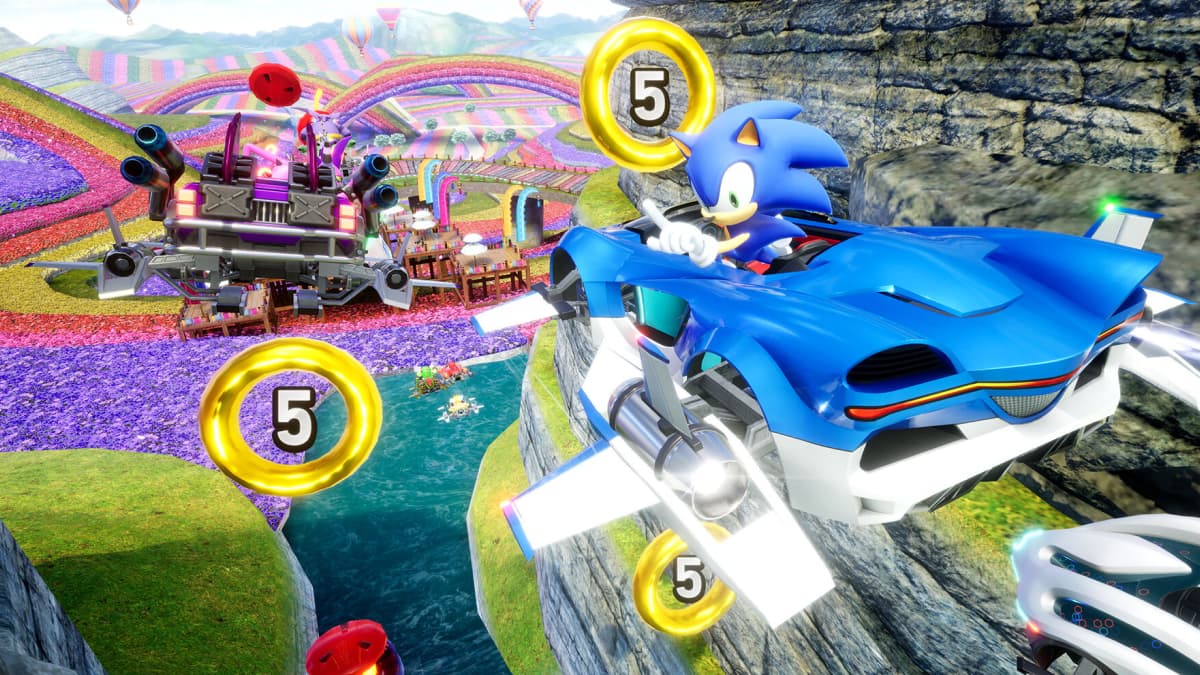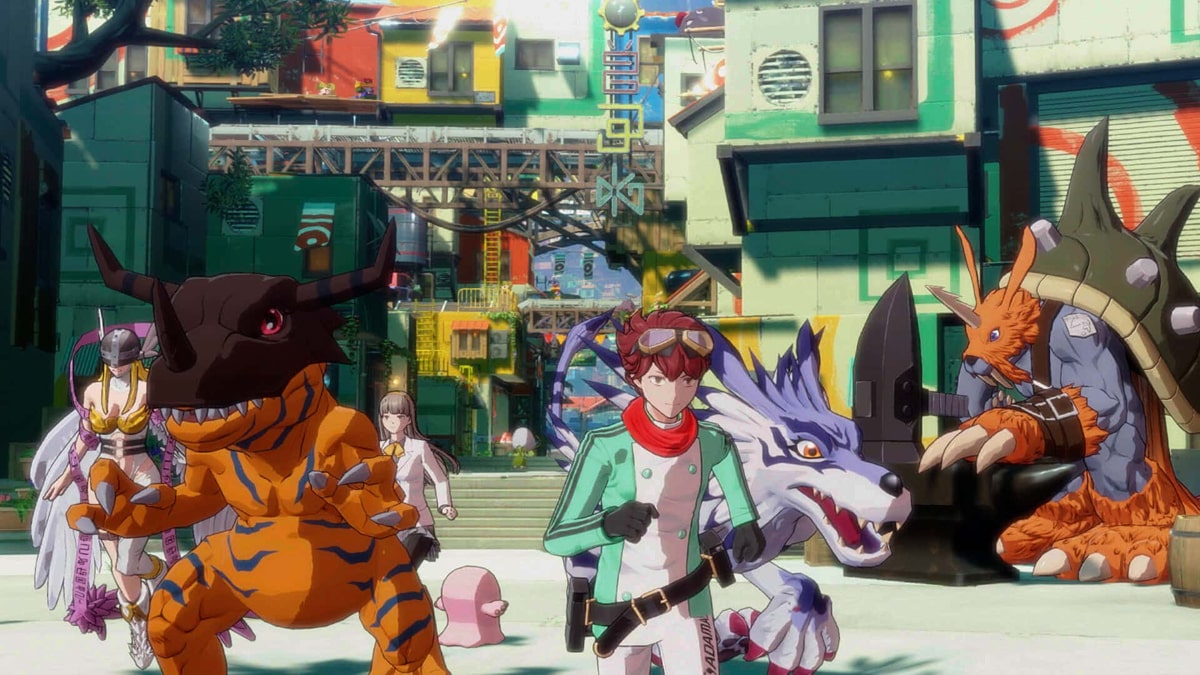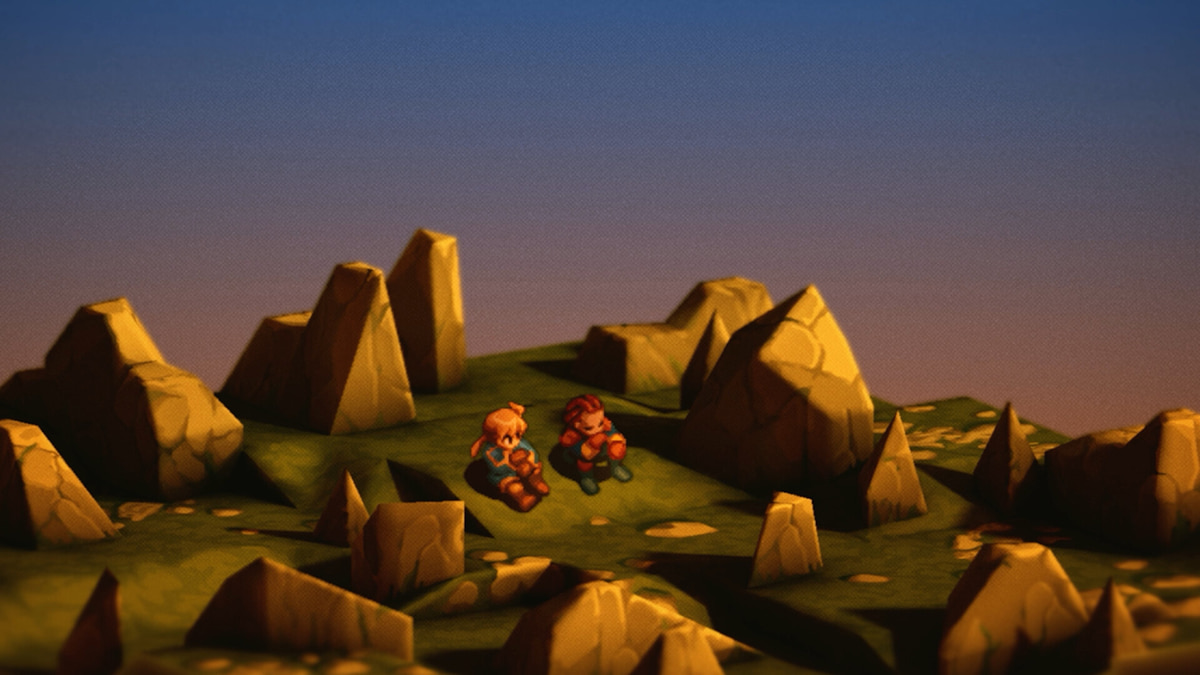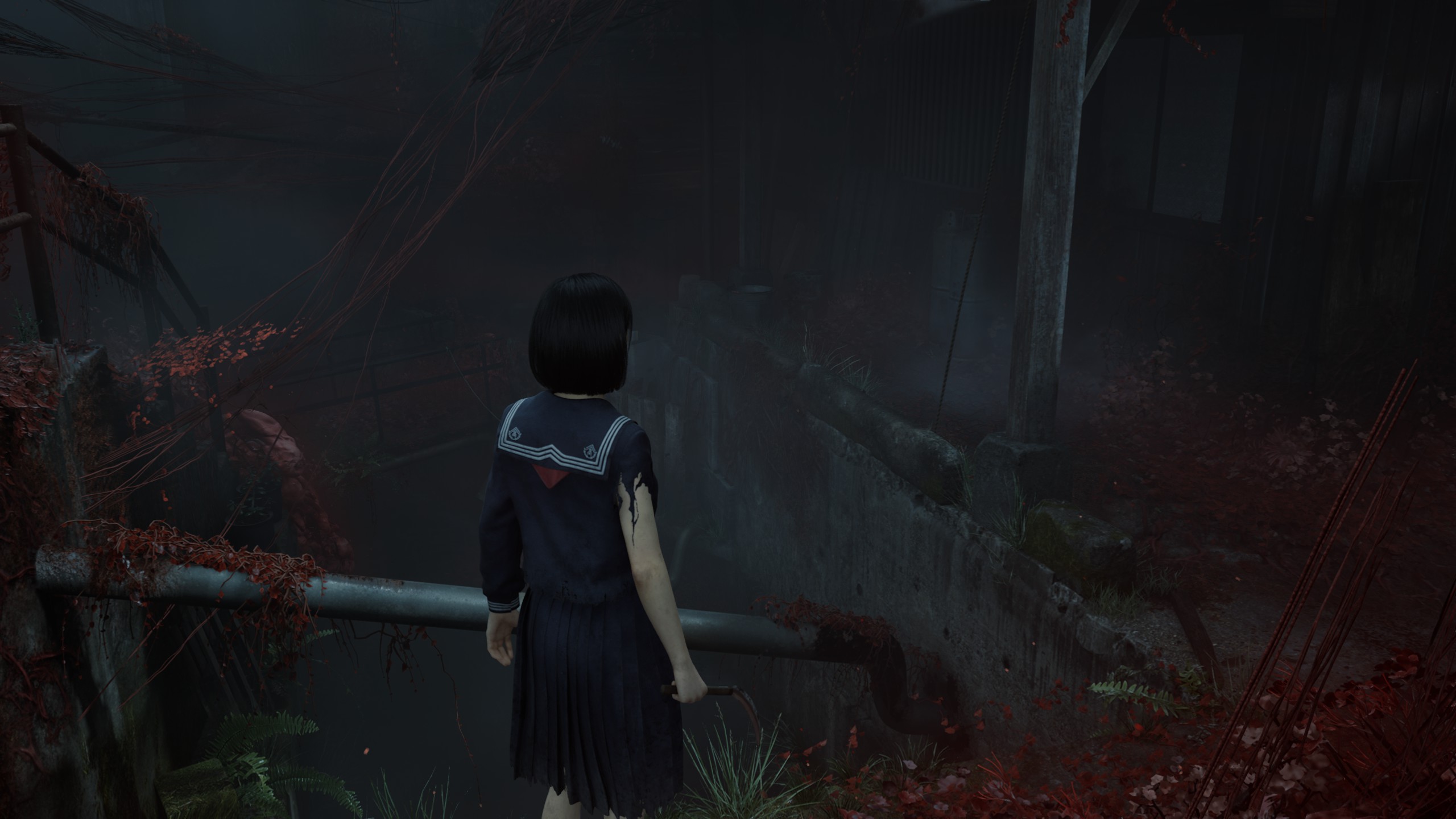You can trust VideoGamer. Our team of gaming experts spend hours testing and reviewing the latest games, to ensure you're reading the most comprehensive guide possible. Rest assured, all imagery and advice is unique and original. Check out how we test and review games here
Update
It’s been two weeks since PES launched, and what was a joyous celebration of the arrival of the greatest football game of all time has been soured somewhat since the revelation that squads, for offline players at least, would not be fully updated (i.e playable in all modes) until October 29th.
This, understandably, has not gone over well.
It’s a huge blunder from Konami considering all the goodwill generated in the run up to PES’s launch, especially when reviews (such as this one) are saying it’s the best football game since people started making them. It still is, of course, but that such a basic error has occurred is beyond frustrating. Especially given that the Full Kit Wanker brigade simply can’t accept anything other than Sky Sports on a disc. (Not that this absolves Konami, of course.)
Regardless, those issues will be solved, and indeed already have been, for the online portion of the game and some offline modes. It wasn’t possible to test MyClub at the time of review, but after having tinkered around with it for a while it seems like a fun (if sometimes frustrating) alternative to FIFA Ultimate Team. There is a definite thrill in spinning the wheel of fortune when attempting to get better players, with the mode functioning almost as the natural heir to the old Master League default teams setup (which is still in there).
Learning to adapt to a team which is, initially, terrible, is satisfying, and there’s a good sense of progression to the thing. (Well, until you come up against someone with a half-decent free-kick taker in their side: given the poor quality of the starting keepers, anything close to goal is usually in.) It’s a shame that the netcode isn’t more stable, with long waits to connect to players and near ever-present lag threatening to trip the whole thing up. It’s not unplayable, but there’s enough latency issues to disrupt things.
Despite these missteps, PES 2016 is still superb, matching immediacy with depth, a football game which can be enjoyed by those who despise the sport. It’s also the best two-player co-op PES since 2013, and may even eclipse it in that regard when all’s said and done. The squads will be fixed, and hopefully the multiplayer netcode brought up to speed. But even if they aren’t, it still plays a phenomenal game of football.
Original text
It is commonly agreed that Sir Alex Ferguson – angry, a genius, fond of a drink, Scottish, for those of you not familiar – built three great teams while he was at the helm of Manchester United: the 94, 99, and 08 sides were genuinely world-class. Not all of his squads were so great: he also signed Kleberson and Bebe, both of whom should have been returned under trading standards practices. Anyway, whether through age, injury or, er, book-writing, over the years players were shipped out and replaced while keeping the ideals of the side intact. Between arguing with journalists, arguing with players, arguing with the FA, and arguing with the concept of time itself (probably), he remained determined that the team, not the player, was bigger than anything. PES 2016, more so than any other football game I’ve ever played, adheres to the same principals.
There are still moments of pure, individual player brilliance, of course: chopping runs and long-range strikes, drag-back nutmegs and overhead kicks. Marketing bollocks it may sound, but the ‘Player ID’ system does make participants move and act like their real-life counterparts – Robben running with elbows jutting and pumping like mad pistons; Ronaldo’s feet pecking and setting and crashing shots into the bottom corner, like an insane nuclear-tanned Topshop mannequin come to life.
Showstopping, highlight-reel goals, passes, saves and flicks are not just possible, but indeed semi-regular. Just vine ‘PES 2016’ for all manner of nonsense. This is the Fox engine at its peak: a game of football which knows that realism and authenticity are different things, and works to create moments rather than replicating all of Sky Fucking Sports. Now, however, in the massively-overhauled Master League, there’s also a new-found focus on continuity and crafting a team, rather than just buying Galacticos and hitting the flat track.
PES has always done this, to a point: previous games have had all manner of chemistry systems. But I’ve never felt that it’s been this overt about it, either in the presentation of the stats or how the side feels to control. ‘Team Spirit’ is now explicitly displayed in the top right hand corner of your team selection in the Game Plan screen, and on the main Master League menu. Switching players in and out causes the number to rise and fall, based on all manner of stats and other intangibles which I won’t even begin to try and explain.
All very obvious, of course. But the long-term effect is that, for me at least, I stopped playing what I considered my best eleven and started playing the ‘best for this game’ eleven, even more so than before. Star players such as Thomas Muller, bought because ‘he’s good in real life’ soon started to get benched in favour of less obviously talented but better-fitting players. Suddenly, I understood why Marouane Fellaini has lasted so long at Man United: he’s a monument to s*** hair and bad tempers, but he’s great at winning headers, disrupting play in midfield, and is very good in possession. Poor Ander Herrera can’t get a game these days. Sorry Louis, for all those tweets and that.
Indeed, there’s a strong undercurrent of Football Manager (very) Lite to the new Master League: a focus on man management that wasn’t really there before. There are rewards in place for using a set of different squad members with different rankings together in one game: these are called Team Roles, and are designated Maestro, Legend, Playmaker, and so on. If a particular player performs well, then they rank up, not just in their overall ratings, but in their specified role as well, which affects Team Spirit. So Ronaldo, after a few riotous performances, may see his ‘Legend’ tag increase to rank 2 or 3. In turn, both he and the team get better, and it may even boost shirt sales – as manager you now get a cut of the merchandise. After a run of games where he controlled the midfield, a cutscene popped up where Fellaini was proclaimed a ‘General’, although which armed forces would take a fucker with that hair is yet to be determined.
All these things feed into a Master League which feels dynamic and reactive, moving things from an addictive if basic play games-make transfers-play games loop into something more focused on continuity and judging the waxing and waning of player careers. Transfer targets can be approached and coddled (but not bought) all year round, and a percentage-based report on whether or not they’ll sign (which rises and falls in real-time based on how attractive your offer is, showing you which bells and whistles you’ll need to add) helps reduce the frustration on making a massive bid and seeing it fail because of reasons. The new Club Secretary feature shows you voluminous yet readable sea of stats on how you played in the last month, comparing and contrasting with the one before that: when did you concede? Where? How? When did you score? How? At which part of the game? All the information is there, and it’s up to you to interpret it and change the team accordingly.
None of this would count for anything, of course, if the on-pitch action wasn’t up to much. It is. Konami has faith in building its career mode around man management because the players feel distinctive enough to give the impression of being different, not just having different attributes. Unlike FIFA, where it feels like a team is a collection of individuals who slightly differ and are, ultimately, like-for-like replaceable, in PES the loss or substitution of a player means the team has to play differently, no matter how slightly, even if their replacement is ostensibly the same.
The annoying input lag of last year is also gone, leaving players to enjoy the superb passing game. The joy of PES is knocking the ball around, attempting to create openings. If FIFA has one speed – fast, and always forward – then PES is about momentum: building it, or stopping your opponent from doing the same. It allows time on the ball to pick passes, slowly graduating from sideways to forward to one touch to through ball.
Reminiscent of United vs Arsenal, 08-09 Champions League semi-finals #PES2016 SEE YAH pic.twitter.com/EljXEGN9ni
— Video Game Loser (@TheSteveBurnio) September 4, 2015
There’s no delay, and no dissonance: if you know your team in reality then you’ll know how they play, and you can replicate it here. Context is key in PES 2016, more than ever before: there’s no reliance on trick-sticks or holding down three buttons to stand off. Instead there are collisions and momentum, tiny battles which require only muscle memory to pull off authentic results, and it’s this contextual play which is the basis of all its excellence. You know Pirlo can receive the ball while being closed down because he (you) can easily pirouette out, much as you know Luke Shaw can muscle past the opposing full-back at speed with not much more than good judgement and a flick of R1.
Passing, shooting, crossing: everything is underpinned by the Fox engine lending appropriate weight to connections and collisions: players don’t skate like in FIFA 15, and animations (while still being realistic) aren’t overly-elaborate, enabling players to snap in and out of different animation cycles quickly and easily. If in full flow EA’s game is slavishly dedicated to its animations then PES can feel a little more ‘clipped’ while remaining utterly cohesive, akin to your brain being able to ‘read’ words as long as the first and last letters are in the right place. It’s fast without playing ping-pong football, solid without being sluggish.
Not everything has been fixed, however. There are still too-few fouls given by the other team, and sometimes keepers – whose excellent new animations give shots and goals their dramatic appeal – flap unnecessarily. This seems an unfortunate byproduct of not only the many new shooting animations, but the way the ball itself behaves and the way goalies react to it. Even with shooting set to semi-auto, shots don’t just fly into corners or straight at the keeper – they smash under bodies at speed, crash through legs, and strike goalkeepers in the face, knees, shins. The variety leads to superb ‘goalfeel’, as Konami calls it, but it seems that sometimes the dynamism is a bit too much, especially in second and third-chance scenarios or rebounds, where goalies are easily confused.
Elsewhere, the Superstar difficulty turns any team with a slightly better than average passing game into a mini-Barcelona, which grates. Commentary, although making reference to the stats given to you each month (new boy Peter Drury may remark on you conceding goals before half time as you enter the 40th minute or so) is stilted, with a marked difference in volume between Peter and co-commentator Jim Beglin, who is quiet and bored to Drury’s manic and loud.
Become A Legend still appeals with its riches to more riches career path, even if some of the decisions it makes off the back of your performances still don’t make sense (I scored seven goals in six games, with five assists, and didn’t get a call up for the national team). So too are match ratings all over the place: I’ve never seen it go higher than 8/10, despite hat-tricks or man of the match performances (this also afflicts Master League).
None of these problems keep PES 2016 from being the greatest football game of all time. The question is no longer whether PES can catch FIFA, and in truth hasn’t been for a while. Instead, it’s the other way around, and may well be for years.
Version Tested: PS4
PES 2016
- Platform(s): PC, PlayStation 3, PlayStation 4, Xbox 360, Xbox One
- Genre(s): Sport







